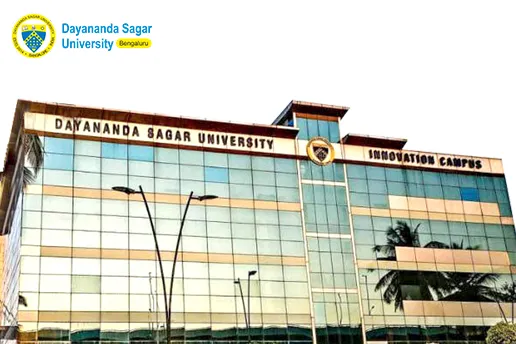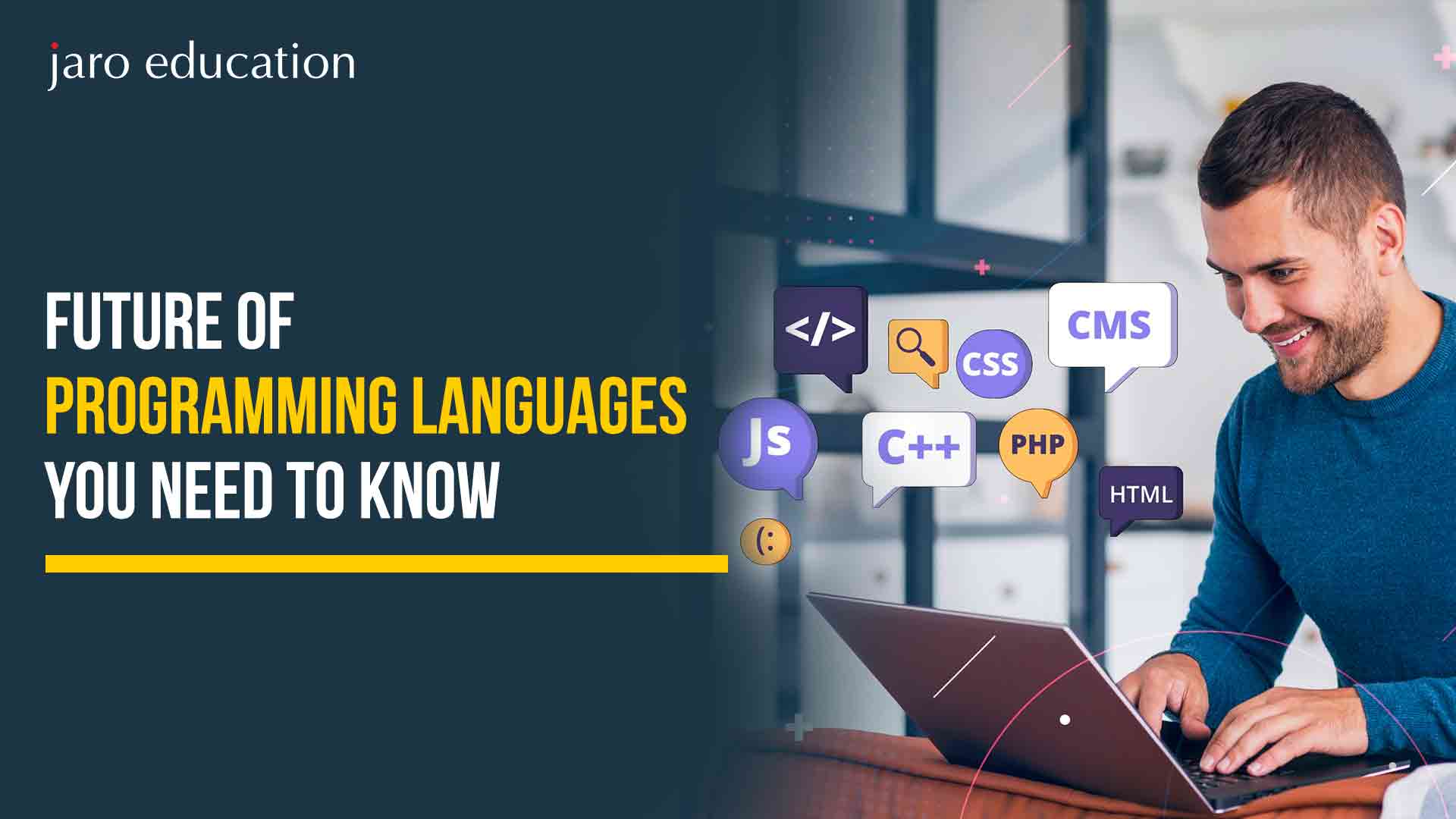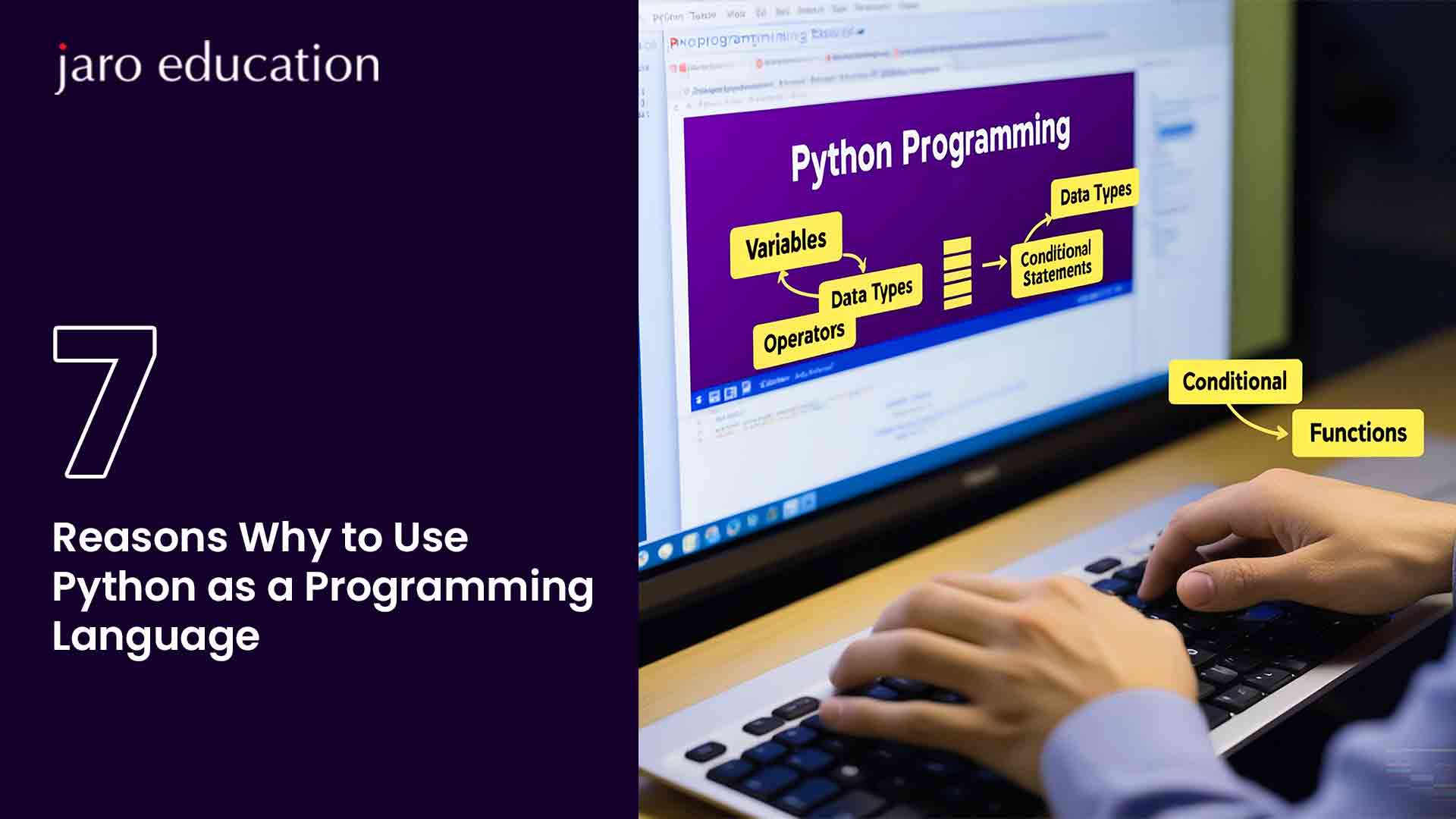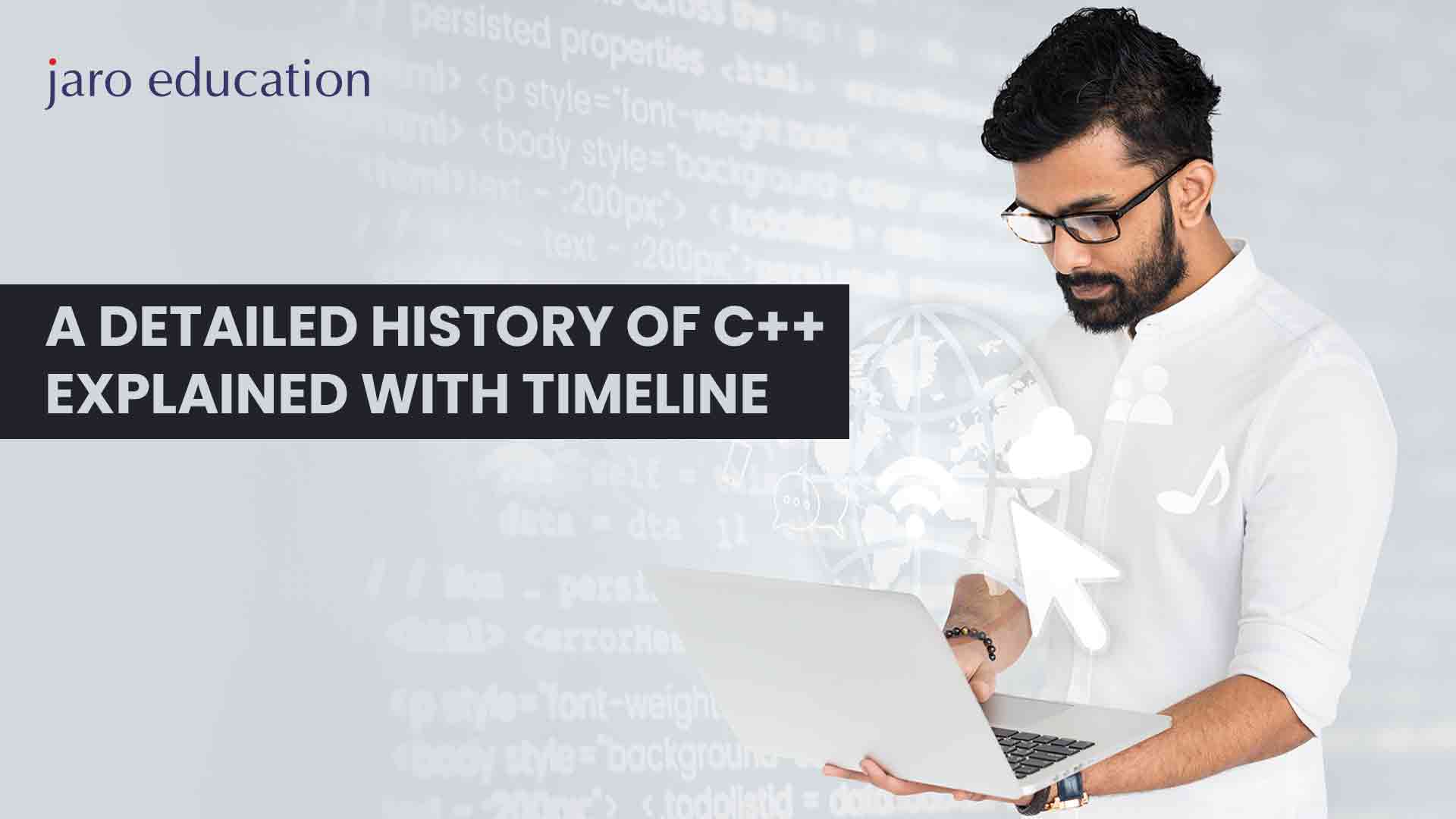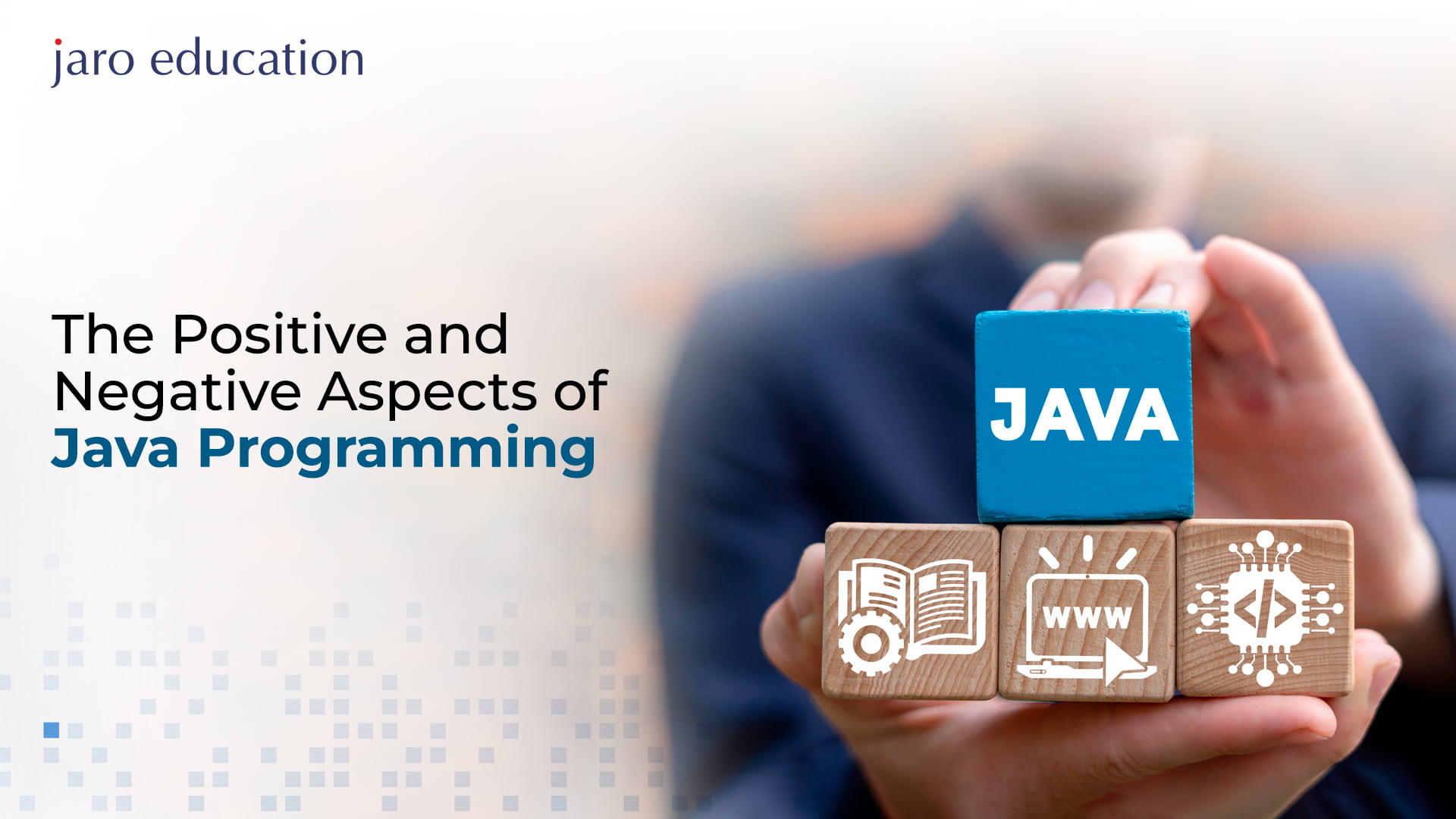Top 50 C++ Interview Questions and Answers
Table of Contents

The widespread adoption and performance excellence of C++ as a programming language stem from its ability to efficiently handle multiple powerful applications. As a result, it finds suitors across the realm of software development. Now, companies need expert professionals to develop applications based on C++. Therefore, aspiring candidates should know the important C++ interview questions, as they will help them land a job.
We have compiled the entire collection of the top 50 C++ interview questions and answers in this extensive blog, which are commonly asked across entry-level and experienced roles. These include C++ coding questions, conceptual queries, and practical scenarios for succeeding in any interview.
Bookmark this guide for future success because it contains the essential C++ interview questions in 2025, no matter whether you’re preparing for a technical screening or a final round with a hiring manager.

*freepik.com
C++ Basic Interview Questions
The subsequent part addresses the basic C++ interview questions that companies use to evaluate your grasp of core language principles.
- What is C++?
The developers created C++ by extending the C language structure into a general-purpose programming language. C++ supports procedural and object-oriented programming paradigms.
- What are the essential characteristics of C++?
Coding robustness in C++ results from its set of features, which include classes, objects, inheritance, polymorphism, encapsulation, and abstraction.
- How does C++ differ from C?
While C lies in the procedural category, C++ supports object-oriented programming, which results in better abstraction capabilities alongside reusable code features.
- What is a class in C++?
A class serves as a user-defined variable type that contains both member functions and data elements, allowing for the creation of object instances.
- What is an object in C++?
An object stands as a particular instance that traces back to a class while displaying well-defined attributes along with specific behaviors.
- What are access specifiers in C++?
The accessibility levels of class members are determined through access specifiers. There are three access specifiers: public, private, and protected.
- What is the difference between struct and class in C++?
The default access for struct members is public, yet class members start with private accessibility. Otherwise, they function similarly.
- What is a constructor in C++?
Every class requires a constructor member function that functions as an initializer for producing new class objects. When designed for object initialization, a constructor uses the class name as its identifier while omitting a return specification.
- What is a destructor in C++?
A destructor operates as a special member function that handles resource return behavior during object deletion.
- What is function overloading in C++?
Different functions with the same name exist through function overloading since their unique parameter lists enable functionality.
Object-Oriented Programming in C++ Interview Questions
It is important to understand object-oriented principles because they provide the foundation for competently answering C++ interview questions.
- What is inheritance in C++?
By inheriting properties from base classes through inheritance, the derived class can maximize the reusability of code throughout its execution.
- What are the types of inheritance in C++?
C++ supports single, multiple, multilevel, hierarchical, and hybrid inheritance.
- What is polymorphism in C++?
Functions and operators achieve differential behaviors in select situations through function overloading and overriding, which polymorphism makes possible during implementation.
- What is encapsulation in C++?
The concept of encapsulation combines data elements with the functions that process them into single units, which are usually classes, while controlling access to specific elements.
- What is an abstraction in C++?
Abstraction is when essential features of an object become visible while maintaining secrecy about its underlying complex details.
- What is a virtual function in C++?
A virtual member function present in base classes allows derived class developers to provide new function behavior that supports dynamic polymorphic behavior.
- What is a pure virtual function in C++?
The definition of a pure virtual function is a base-class-destructured method that exists without base-class implementation requirements and needs derived class-specific redefinitions.
- What is an abstract class in C++?
An abstract class functions as a parent class with at least one non-implementable virtual function because it remains non-instantiable for direct use.
- What is operator overloading in C++?
Operator overloading is improving program readability and functionality through developer modifications of operator behavior for custom data types.
- What is the distinction between overloading and overriding in C++?
The overloaded functions in C++ use identical names with separate parameter definitions, but overriding provides base-class function definition capabilities in derived class contexts.
Advanced C++ Interview Questions for Experienced
The following part explores complex C++ interview questions for experienced professionals by focusing on advanced material.
- What are templates in C++?
A template system lets functions and classes handle generic types, which creates reusable code for various data types.
- What is the Standard Template Library (STL) in C++?
The Standard Template Library (STL) provides users with a template library system that contains multiple data structures, such as vector lists and queues.
- What is exception handling in C++?
Exception handling is achieving program stability through try, catch, and throw blocks, which handle runtime errors.
- What are smart pointers in C++?
The main role of smart pointers involves automatically freeing memory when applications terminate the requirement for dynamic memory allocations.
- How does unique_ptr distinguish itself from shared_ptr in C++?
Multiple pointers can share their resources through shared_ptr, but unique_ptr retains sole ownership of one resource.
- What is the use of the ‘auto’ keyword in C++?
When using the ‘auto’ keyword, the compiler determines the variable type by analyzing its initializer expression.
- What is the ‘nullptr’ in C++?
The keyword ‘nullptr’ functions as a null pointer identifier that serves as a modern alternative to the NULL macro to ensure type safety.
C++ Coding Questions and Practical Scenarios
This part explains the C++ coding questions along with hands-on examples that appear frequently in technical interviews.
- Write a program to reverse a string in C++.
#include <iostream>
#include <algorithm>
using namespace std;
int main() {
stringstr = “interview”;
reverse(str.begin(), str.end());
cout<< “Reversed string: ” <<str<<endl;
return 0;
}
- Write a program to check for a palindrome string in C++.
#include <iostream>
using namespace std;
int main() {
stringstr = “level”;
string rev = string(str.rbegin(), str.rend());
if (str == rev)
cout<< “Palindrome”;
else
cout<< “Not Palindrome”;
return 0;
}
- Write a program to find the factorial of a number using recursion.
#include <iostream>
using namespace std;
int factorial(int n) {
if(n <= 1) return 1;
return n * factorial(n – 1);
}
int main() {
intnum = 5;
cout<< “Factorial: ” << factorial(num) <<endl;
return 0;
}
- Write a program to implement a simple class with constructor and destructor.
#include <iostream>
using namespace std;
class Sample {
public:
Sample() {
cout<< “Constructor Called\n”;
}
~Sample() {
cout<< “Destructor Called\n”;
}
};
int main() {
Sample obj;
return 0;
}
- Write a program to swap two numbers using pointers.
#include <iostream>
using namespace std;
void swap(int *a, int *b) {
int temp = *a;
*a = *b;
*b = temp;
}
int main() {
int x = 5, y = 10;
swap(&x, &y);
cout<< “x = ” << x << “, y = ” << y;
return 0;
}
Commonly Asked C++ Programming Questions
The following list consists of typical C++ Programming Questions.
- What are inline functions in C++?
Compilers embed entire function contents during their execution points in response to inline function implementation to reduce the impact of function calls.
- How does this pointer function in C++ programming?
The pointer ‘this’ references active instances of classes to access object elements from within class methods.
- What are friend functions in C++?
The friend function can access both protected and private members of a class, although they do not belong to that class.
- How does the mutable keyword function in C++?
A member of an object can be modified through this feature even though the object itself was designated as const.
- Make a comparison between deep copy and shallow copy in C++.
Deep copy operation duplicates every object reference, while a shallow copy operation duplicates the basic object values.
- What are lambda functions in C++?
Lambda expressions represent anonymous functions that programmers can define directly inside code blocks for creating logical callback and algorithm implementations.
Tricky and Advanced-Level C++ Interview Questions for Experienced
This section covers a few C++ interview questions for experienced.
- How is memory managed in C++?
Within a C++ system, memory utilization involves stacking along with heaping. Heap memory accessibility depends on the new and deleted operators.
- What is RAII (Resource Acquisition Is Initialization)?
RAII is a programming principle in C++ where the acquisition of a resource (network connections, file handles, memory, etc.) is closely associated with the creation of an object. Moreover, its release is tied to the destruction of the object.
- What is the Rule of Three/Five/Zero in C++?
These are rules that guide the management of the copy constructor along with the assignment operator and destructor when handling dynamic resources.
- What is move semantics in C++11?
The move semantics system enables effective resource transfers through object moves instead of manual copies when dealing with temporary objects.
- What are volatile variables?
A volatile declaration warns the compiler to keep a variable value unprotected against sudden modifications and disables optimization capabilities for that variable.
- How are vtables used in C++?
Through vtables (Virtual Tables), runtime polymorphism receives support for its operation. A vtable stores function pointers for virtual methods.
More Practical and Theory-Based C++ Interview Questions
This section covers some more practical and theory-based C++ interview questions and answers:
- What is the difference between stack and heap memory?
The allocation and deallocation mechanism of stack memory happens automatically at faster speeds, but heap memory needs manual new/delete operations.
- What are static members in C++?
The static members in C++ are class members that are associated with the class itself and not with the individual objects of the class.
- How do you prevent object copying in C++?
The project implements a solution through the deletion or privacy configuration of both the copy constructor and assignment operator to prevent object copying.
- What is type casting in C++?
Type casting functions as a process that transforms variables between different types. Type casting reaches its execution through implicit methods or explicit casting operators.
- What is the use of namespaces in C++?
Namespaces act as logical groupings to stop identifier name conflicts.
- What is the purpose of const_cast in C++?
const_cast enables the modification or removal of the const property in a variable.

*freepik.com
Explore Career-Boosting Programs in Computer Science
Businesses across the board are preferring C++ for obvious reasons. The programming language has excellent performance while offering low-level memory control and a completely mature coding ecosystem that makes it perfect for system-level implementation.
So, an industry-focused computer science program provides an excellent boost for career advancement. Learn from faculty with decades of teaching experience and gain real-world coding skills. Jaro Education partners with top institutions like IITs and IIMs to provide globally accepted industry-adequate educational programs that enhance your career development.
Final Thoughts
The selection of 50 core C++ interview questions establishes a complete study program for all software developers who need C++ knowledge. The guide features the basic and advanced questions to help professionals like you to prepare better for the interview ahead.
Memorize the C++ interview questions and answers, but focus on applying them by solving real-time coding problems. The ability to answer the C++ programming questions successfully from the C++ fundamental concepts will establish your dominance in technical interviews.
Frequently Asked Questions
How should I prepare for C++ interviews?
Begin with basic C++ interview questions, followed by detailed discussions about STL, pointers, inheritance, and practical C++ coding questions.
Are C++ interview questions different for freshers and experienced candidates?
Yes, the interview levels are completely different for the novices and the experienced ones. While the newbies get basic theory-based C++ interview questions, the senior applicants have to answer more complex and application-based questions.
What’s the best way to practice C++ coding questions?
The best way to practice C++ coding questions is by using online platforms. You can construct logical frameworks and optimize your syntax and solution code.












